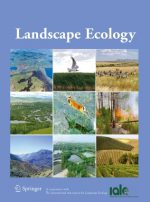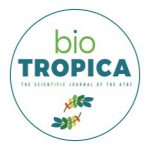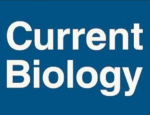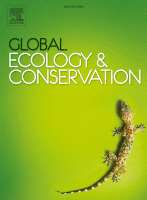Profile
I have been working on the ecology and management of coral reefs in the Indian Ocean since 2004. Much of my work has focused on the reef fish community, including how the biomass and structure of fish communities vary across gradients of fishing pressure and habitat disturbance across the Indian Ocean. Since 2015 I have also been interested in the role of seabirds in influencing coral reef ecology through nutrient inputs. On some islands introduced rats have decimated seabird populations, whereas where rats are absent, seabird densities can be >700 times greater. The seabirds feed predominantly in the pelagic ocean and deliver large quantities of nutrients to the islands when they nest, breed and roost. With Casey Benkwitt and others, we have shown how these nutrients leach onto adjacent coral reefs, leading to faster fish growth, 50% more fish biomass, higher rates of key ecosystem processes, and faster coral growth rates. I am now heading up a project with the Bertarelli Programme in Marine Science, to assess the role of nutrients from seabirds on island ecosystems and nutrient cycling, the spatial and trophic extent the nutrients extend into the marine environment, and how this influences coral reef geomorphology. Working in the Chagos Archipelago, Seychelles and French Polynesia, we hope to demonstrate feedback loops from islands to reefs and back to islands.
Eradicating invasive rats and restoring habitat on tropical islands is likely to cause an increase in seabirds populations, and the nutrients they deliver will enhance island nutrient cycling, coral reef ecology and reef geomorphological feedbacks back to islands.
Biography
My Project
Other interests
Much of my work is in the central and western Indian Ocean region, but I also have projects in the Pacific, and work on some global analyses. Two key areas of ongoing focus include:
The Changing Ecology and Functioning of Coral Reefs: This research seeks to assess the changing ecology of coral reef ecosystems in an increasingly human dominated world. Specifically we are quantifying the changing composition of coral reefs in response to climate change and other anthropogenic impacts, assessing the top-down (i.e. fishing) versus bottom-up (i.e. habitat composition) influences on the productivity of coral reef fisheries, and assessing how ecosystem functions, management and ecosystem services differ under alternate scenarios of direct human use and climate impacts.
The ecology of fish nutrients: Fish are packed dense with micronutrients such as iron, zinc and Vitamin A. Deficiencies in these nutrients for people cause premature deaths and a range of public health problems across much of the tropics. We have estimated micronutrient concentrations for >3000 species of fish, and have been assessing how the availability of micronutrients from fish changes under climate impacts and fishing pressure. We are developing the science to better manage fish stocks and fisheries to balance conservation and sustainability, while ensuring key micronutrients reach the most in need.
My Publications

Graph-Theoretic Modelling Reveals Connectivity Hotspots for Herbivorous Reef Fishes in a Restored Tropical Island System
Peterson, E.A., Stuart, C.E., Pittman, S.J., Benkwitt, C.E., Graham, N.A.J., Malhi, Y., Salmon, T., Stoll, B., Purkis, S.J., Wedding, L.M. (2024). Graph-theoretic modelling reveals connectivity hotspots for herbivorous reef fishes in a restored tropical island system. Landscape Ecology

Seabird-Vectored Pelagic Nutrients Integrated into Temperate intertidal Rocky Shoes.
Healing, S., Benkwitt, C.E., Dunn, R.E., Graham, N.A.J. (2024). Seabird-vectored pelagic nutrients integrated into temperate intertidal rocky shoes. Frontiers in Marine Science.

Seabird Traits and Seasonality Modulate Nutrient Dynamics of Terrestrial and Marine Habitats on Atolls
Appoo, J., Bunbury, N., Letori, J., Hector, A., Gendron, A., Graham, N.A.J., Rocamora, G., Le Corre, M., Jaquemet, S. (2024). Seabird traits and seasonality modulate nutrient dynamics of terrestrial and marine habitats on atolls. Biotropica

Species Eradication for Ecosystem Restoration
Graham, N.A.J., Benkwitt, C.E., Jones, H.P. (2024). Species eradication for ecosystem restoration. Current Biology.

Island Restoration to Rebuild Seabird Populations and Amplify Coral Reef Functioning
Dunn, R.E., Benkwitt, C.E., Maury, O., Barrier, N., Carr, P., Graham, N.A.J. (2024). Island restoration to rebuild seabird populations and amplify coral reef functioning. Conservation Biology.










